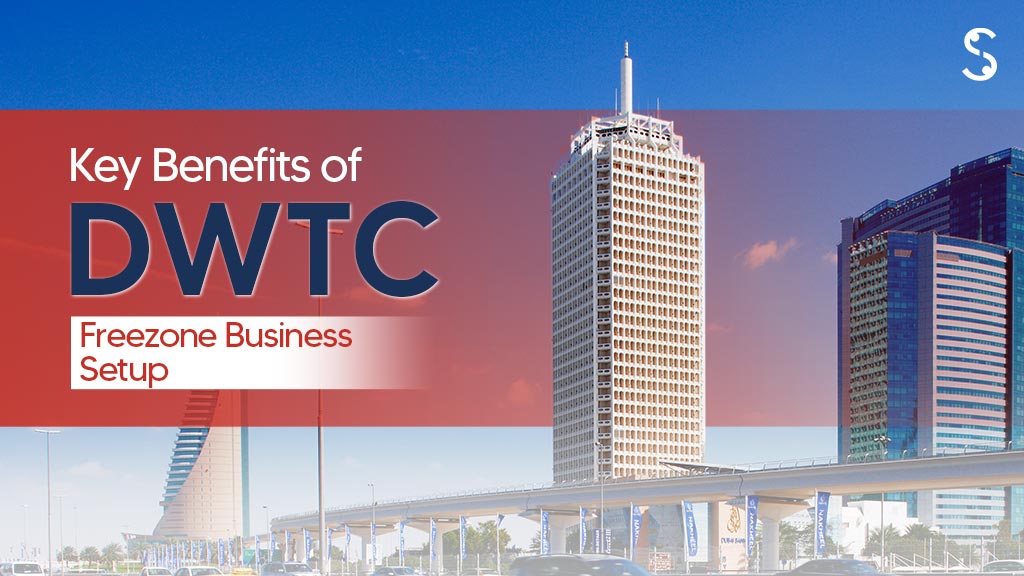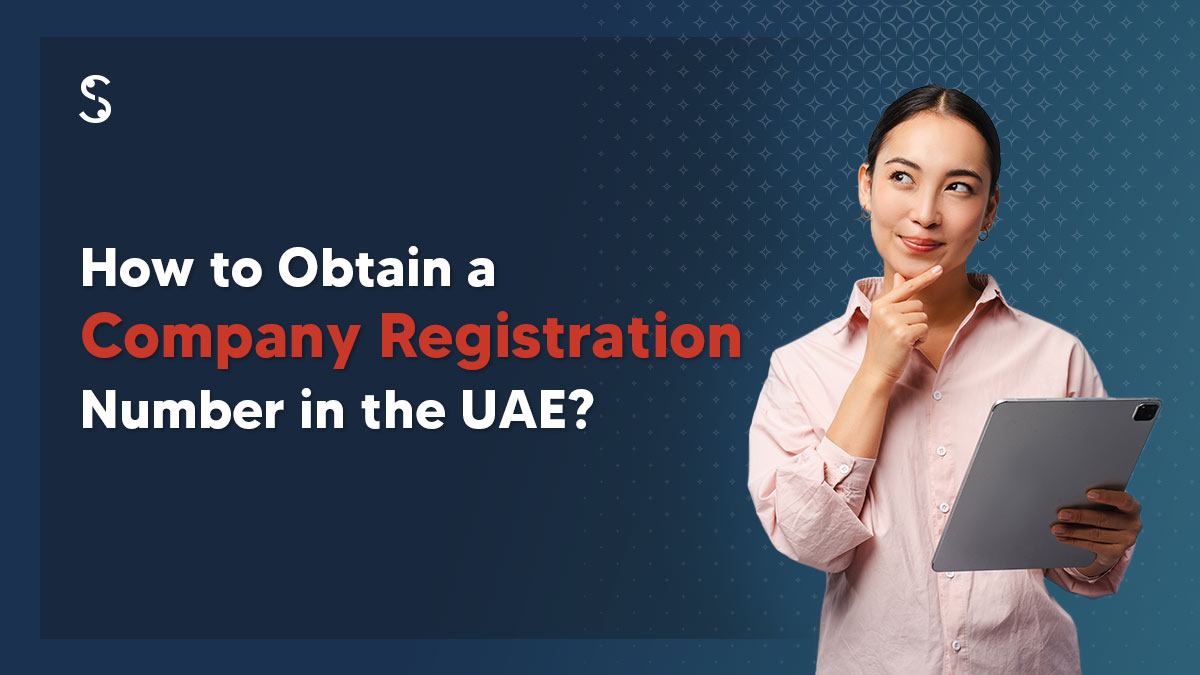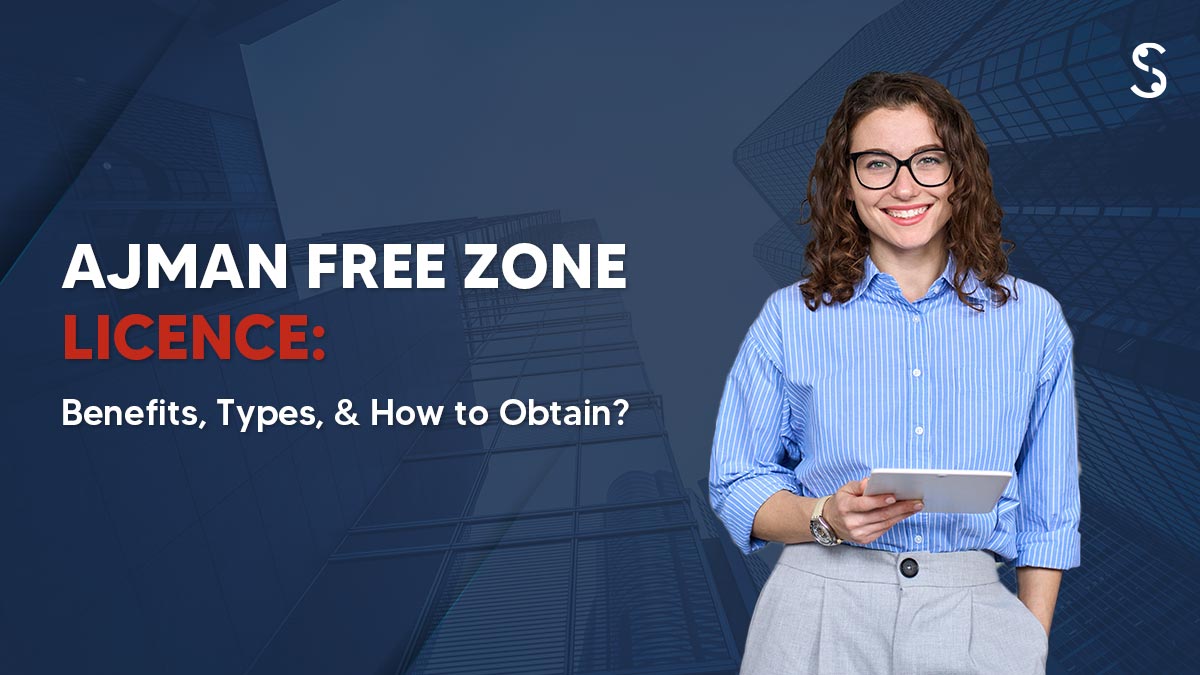Choosing the right business structure in the UAE is among the most critical decisions for entrepreneurs and investors looking to establish their ventures in this dynamic market. The UAE is home to over 665,000 active businesses, supported by over 40 specialised free zones and a regulatory environment that promotes innovation and growth.
Nearly 80% of companies in the region operate as Limited Liability Companies (LLCs) due to their flexibility and investor-friendly benefits. According to the World Bank, the country’s commitment to ease of doing business is reflected in its global rankings, being one of the top 20 economies for business setup.
Whether you are eyeing a free zone company for 100% ownership, a mainland LLC to access the local market, or a sole proprietorship for complete control, choosing the right structure impacts your tax obligations, legal responsibilities, and long-term success.
Benefits of Business Structure in UAE
Choosing the right Business Structure in UAE offers several benefits for entrepreneurs and businesses. Here are some key advantages:
Legal Protection
A well-defined UAE Business Structure provides a clear separation between personal and business liabilities, offering legal protection to owners and investors.
Tax Advantages
Depending on the structure, businesses can benefit from tax exemptions or lower corporate tax rates, especially in Free Zones or offshore structures.
Increased Credibility
A formal business structure, such as a Limited Liability Company (LLC) or Free Zone setup, enhances your company's credibility, making it more attractive to clients, investors, and partners.
Flexibility in Operations
The UAE Business Structure allows for different operational models, such as sole proprietorships, partnerships, or corporations, to suit your business needs.
Access to Local and Global Markets
Some business structures, particularly in Free Zones, allow you to enter local and international markets with fewer restrictions.
Ownership Options
Different Business Structures in the UAE offer varying degrees of foreign ownership, giving you flexibility in managing your company's ownership and control.
Ease of Expansion
Due to streamlined processes and regulations, once your business is established with the right structure, it becomes easier to expand within the UAE or to international markets.
Operational Efficiency
A well-chosen Business Structure can simplify hiring, managing employees, and maintaining compliance with local regulations.
Access to Funding
Some structures, particularly LLCs and joint-stock companies, make securing funding from investors, banks, or government grants easier.
Choosing the right UAE Business Structure ensures your business is positioned for success and growth in a dynamic market.Top Business Structures in the UAE
The UAE offers Mainland, Free Zone, and Offshore business structures. Each caters to specific needs, with Mainland allowing broader market access, Free Zones offering tax benefits, and Offshore focusing on international business. Below are the most common structures, with key details and considerations.
1. Limited Liability Company (LLC)
A popular choice for businesses that want limited liability for owners and access to the UAE local market.Advantages:
- Limited Liability: Shareholders’ liability is limited to their shareholding.
- Local Market Access: LLCs can operate freely within the UAE market.
- Credibility: Trusted by banks, clients, and local partners due to its established legal framework.
Key Features:
- There can be two or more shareholders, a maximum of 50 shareholders.
- Many activities now allow 100% foreign ownership.
- Shareholders can be individuals or corporate entities.
- Registered under the UAE Commercial Companies Law.
Best For:
- Businesses aiming to access the UAE local market.
- Small and medium-sized enterprises (SMEs) and large corporations.
Drawbacks:
- Capital Requirements: Minimum capital requirements may apply based on business type and location.
2. Free Zone Company
A structure that allows 100% foreign ownership but may restrict business activities to within the designated free zone.Advantages:
- 100% Foreign Ownership: No need for a local sponsor or partner.
- Tax Benefits: Often exempt from corporate and personal income tax for specific periods.
- Customs Privileges: Duty exemptions on imports and exports within the free zone.
- Easy Setup: Streamlined registration, licensing, and visa processes.
Key Features:
- Operations must be confined to the free zone or international markets.
- It can be established with just one shareholder and one director.
- Specialisations in sectors such as media, healthcare, IT, and logistics.
Best For:
- International businesses or exporters.
- Companies focused on specific industries.
- Entrepreneurs are seeking low-cost setups with full ownership.
Drawbacks:
- Limited Market Access: Can only trade directly in the UAE mainland with a local distributor or partner.
- Restricted Scope: Business activities are limited to the free zone.
3. Offshore Company
Ideal for international trading, asset protection, and tax efficiency without operating within the UAE local market.
Advantages:
- 100% Foreign Ownership: Full control over the company.
- Tax Efficiency: Benefit from low or zero tax rates.
- Asset Protection: Suitable for holding assets or intellectual property.
- Privacy: No need to publish annual reports.
Key Features:
- Primarily used for international business, asset management, and wealth planning.
- Cannot conduct business directly in the UAE mainland.
Best For:
- International trading and holding companies.
- Investors are seeking tax optimisation and asset protection.
Drawbacks:
- No Local Business Activity: Cannot trade within the UAE mainland.
- Limited Scope: Restricted to specific international operations.
Sole Proprietorship
A simple business structure where a single individual owns and operates the business is ideal for freelancers or small operations.
Advantages:
- Full Control: The business is owned and run by one individual.
- Simple Setup: Quick and easy registration process.
- Ideal for Freelancers/Consultants: Great for independent professionals offering services.
Key Features:
- Owned by one individual who manages the business.
- A local UAE national sponsor is required in mainland
- 100% foreign ownership is allowed in free zones.
Best For:
- Freelancers, consultants, or independent professionals.
- Small, single-owner businesses.
Drawbacks:
- Local Sponsor Requirement: Must have a UAE national sponsor if established on the mainland.
- Limited Expansion: Not ideal for more extensive operations.
Branch of a Foreign Company
A straightforward option for foreign companies to expand into the UAE market without forming a new legal entity.
Advantages:
- 100% Ownership: The parent company retains full ownership.
- Direct Market Access: Can conduct business directly within the UAE.
- No UAE Sponsor Needed: No local partner or sponsor is required.
Key Features:
- Functions as a branch of the foreign parent company
- Subject to the same regulations as the parent company.
- Must be registered under UAE’s Commercial Companies Law.
Best For:
- Foreign companies wanting to expand into the UAE with minimal complexity.
- International corporations seeking direct access to the UAE market.
Drawbacks:
- Limited Scope: The branch can engage in the same activities as the parent company.
- Full Liability: The parent company is fully responsible for the branch's activities and liabilities.
Other Considerations:
- Cost: Setup costs vary by structure, location, and sector. Free zone companies are typically less expensive than mainland LLCs.
- Visa Requirements: Different structures have varying visa quotas, depending on the number of employees or office space, especially for free zones and mainland LLCs.
- Regulatory Compliance: Companies, especially LLCs and branches, must comply with local laws, including tax, employment, and other business regulations.
How to Choose the Right Business Structure in Dubai, UAE?
Selecting the right business structure in the UAE is a crucial decision that impacts various aspects of your business, including liability, taxation, ownership, and operational flexibility. Here are some important factors to guide you in selecting the appropriate structure:
Determine the Type of Business Activity
Specific business structures may be more suitable depending on whether your business is focused on trading, services, or manufacturing. For example, a limited liability company (LLC) is a popular choice for trading, while professional services might suit a sole proprietorship or civil company.Consider the Ownership Requirements
The UAE has different ownership rules for mainland, free zone, and offshore businesses:- Mainland: Some businesses, particularly in the professional and service sectors, no longer require a local sponsor or service agent.
- Free Zone: 100% foreign ownership is allowed, making it a preferred option for many foreign investors.
- Offshore: Typically allows full foreign ownership with no local partners but limits activities to operating outside the UAE.
Evaluate Liability and Risk
The liability of owners varies depending on the business structure:- LLC: Offers limited liability to owners, protecting their assets.
- Sole Proprietorship: The owner is fully liable for debts or legal actions.
- Civil Company: Liability is shared among the partners, depending on the partnership agreement.
Taxation Considerations
Certain business structures offer better tax advantages. For example, businesses in free zones often benefit from tax and customs duty exemptions.
Consider Operational Flexibility
Some structures allow more flexibility in terms of management and operations. Free zones, for example, offer simplified processes, while mainland LLCs may require additional approvals and paperwork for specific activities.
Understand Capital Requirements
Different business structures may require varying levels of initial capital investment. For instance, an LLC typically has a minimum capital requirement, while free zones may have different capital thresholds depending on the type of business.
Consult with Shuraa Experts
It’s highly advisable to consult with business setup consultants and legal professionals in the UAE. You can contact Shuraa business setup to ensure you select the most appropriate business structure in UAE that aligns with your goals and complies with local regulations.
Considering these factors, you can choose the business structure that best suits your needs and ensures smooth operations in the UAE market.
Choose the Right Business Structure With Shuraa India
Selecting the right business structure in the UAE can be a complex decision, but with the guidance of Shuraa India, entrepreneurs can navigate the process seamlessly. Shuraa’s team of experts offers valuable insights into the various business structures, helping clients make informed choices based on their specific needs, goals, and market requirements.
From understanding legal obligations and ownership options to ensuring compliance with local regulations, Shuraa India provides comprehensive support throughout the business setup journey, enabling businesses to thrive in the dynamic UAE market.








